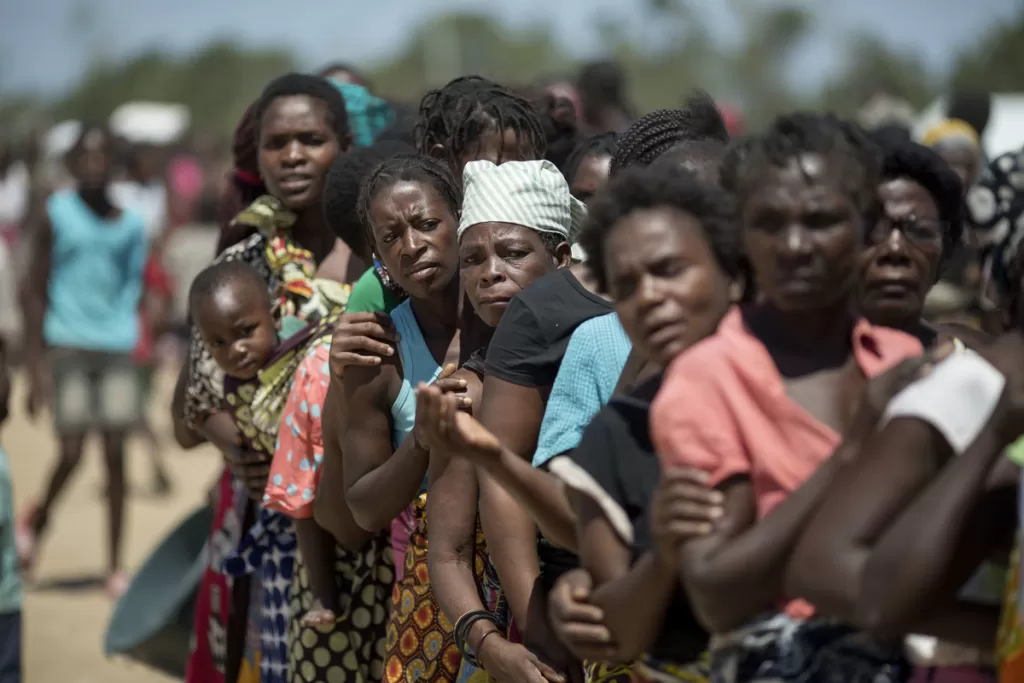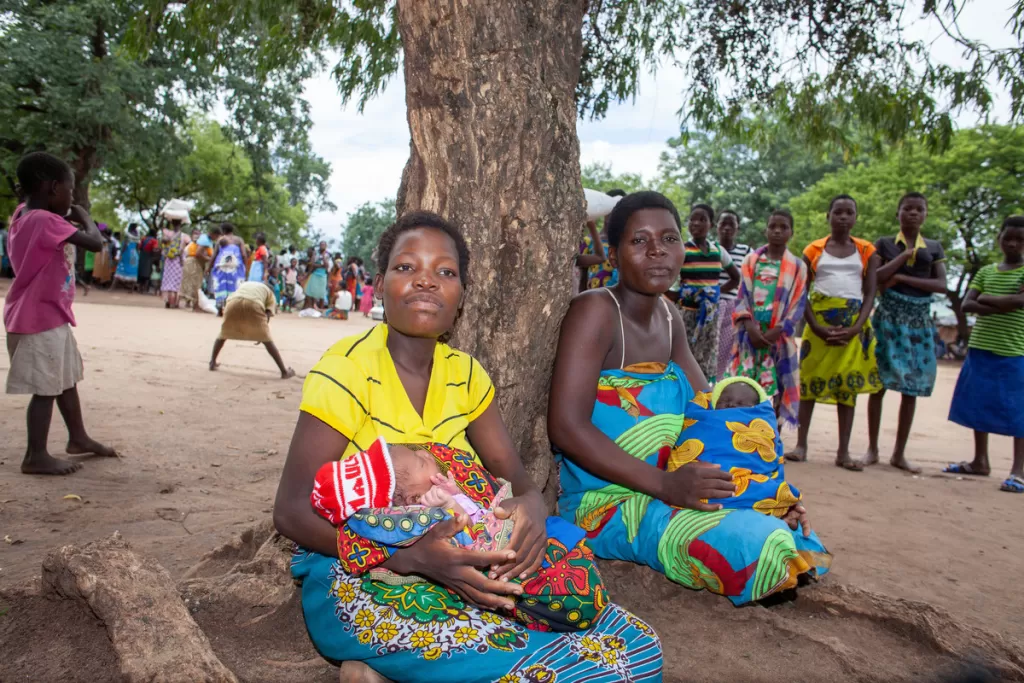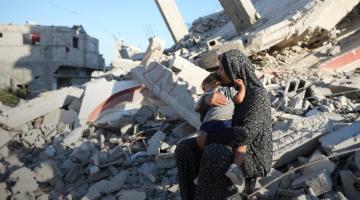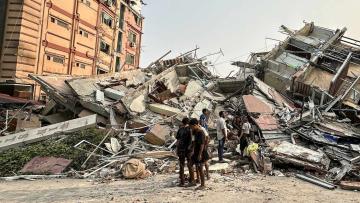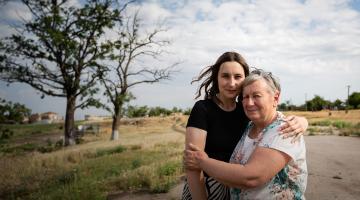Cyclone Idai swept through Mozambique, Malawi and Zimbabwe, leaving a trail of destruction and turning lives upside down. With homes and vital infrastructure destroyed, women and girls find themselves particularly at risk. Having already lost their homes, food, possessions and, in many cases, loved ones, women and girls now face a new danger of sexual violence and unsafe labour.
Mwangitama Chavula, maternal child health and nutrition coordinator for CARE International in Nsanje, southern Malawi, explained to the Telegraph that women and girls are at a higher risk of sexual violence in the aftermath of disasters.
“We have had no reports of it yet but the chances of it happening are high. Women in these situations are starving, their children have no food, they have no clothes. They have nothing. When they find a man who has finances they may be tempted to offer themselves for sex and men can take advantage of them.”
There are also an estimated 74,600 pregnant women in areas affected by the cyclone in Mozambique, with 43,000 estimated to give birth within the next six months. With many health facilities destroyed and many more inaccessible, these women face the prospect of giving birth in unsafe and unsanitary conditions, without any hope of professional medical assistance.
One such case has already been reported. At a camp for displaced people in southern Malawi, 17-year-old Ginesi gave birth after walking 12 kilometres to escape flood waters.

